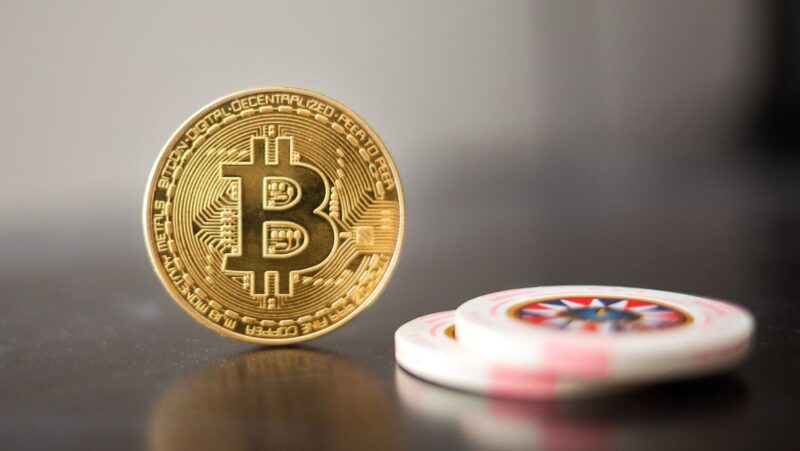When first introduced, blockchain technology was synonymous with cryptocurrencies. But that has changed and it now stands on its own as a centerpiece of a global digital transformation. Its decentralized, tamper-proof ledger system is proving to be a revolutionary invention, sparking innovation across a host of industries. Constant improvements, like Layer2, ensure that the system is regularly updated and increases its utility. It is completely changing the way businesses operate, secure data, and interact with customers. Blockchain is no longer a niche concept—it’s a key infrastructure layer.
Finance and Banking – Powering Global Transactions
The finance sector was among the first to embrace blockchain, and no other industry has incorporated it as quickly or as deeply as bankers. From traditional banks to fintech startups that start accepting crypto payments, blockchain is present in every aspect of modern finance.
One of the areas that benefited the most from blockchain is cross-border payments. The way blockchain handles transactions has made it wildly more popular than traditional methods. Not only has the time for each transaction been reduced to seconds rather than days, but it also cut the cost to the tune of 70%. Ripple, Stellar, and Ethereum-based platforms are most popular for these types of deals.
Smart contracts are another blockchain feature that has been gaining popularity. With it, things like loan disbursements—including emerging options like Bitcoin loans—insurance payouts, and asset swaps can be safely executed. Their implementation has significantly reduced the number of frauds, as well as reduced cost and increased the efficiency of the system.
Online Gambling – A Transparent and Fairer System
One of the most unexpected success stories that came from the implementation of blockchain is the online gambling industry. From crypto gambling to provably fair games, the industry has benefited greatly from blockchain, and the situation only gets better with time.
Secure and anonymous transactions have allowed players to move their money freely, with no worries about scams or somebody doxxing them. The use of smart contracts for payments has helped build trust between the iGaming platforms and their users. The automated system features instant distribution of winnings, has eliminated a lot of fraud, and has increased efficiency. The overall result is a safer and more engaging gambling experience for everyone involved.
Real Estate – Simplifying Transactions and Eliminating Fraud
Everybody who has had the pleasure of going through a real estate transaction knows just how slow, paper-heavy, and prone to fraud these can be. Traditionally, the process could take weeks, maybe even months in some cases. With blockchain, you can get things done in an afternoon.
Once signed, smart contracts process real estate transfers painlessly, eliminating the need for escrow, lawyers, or even notaries. Again, not only has the speed of transactions been greatly reduced, but the costs have been cut significantly.
The tokenization of properties has made it possible for ordinary people to invest in Real Estate Investment Trusts (REITs), something previously reserved for rich individuals only.
With property titles and land registries migrated to blockchain ledgers, the possibilities for tampering and fraudulent claims of ownership have been almost eliminated. Countries like Georgia and Sweden have already made great strides in this direction, and it is only a matter of time before others follow suit.
Supply Chain Management – Bringing Transparency to Global Commerce
Before the global pandemic, not many people outside the industry bothered with or even cared for supply chain management. Then, in one of the biggest cases of “not appreciating it until you lose it“ moments in history, it became the biggest headline in world news.
Since then, a lot has changed, and the introduction of blockchain is probably one of the most significant innovations in the world of global commerce and logistics.

Retail giants like Walmart and Carrefour have implemented blockchain to trace food products, ensuring freshness. They also use it to verify claims like “organic” or “locally sourced, “making sure that their customers get what they paid for. In a similar vein, pharmaceutical companies are using blockchain to track vaccines and medication batches, helping prevent counterfeit drugs from entering the supply chain.
Conclusion
From finance and online gambling to real estate and supply chains, blockchain has proved to be one of the most transformative new technologies we have seen in decades. The benefits it offers are massive, and it becomes harder every day to ignore them.



More Stories
IoT And Blockchain: Why Decentralization Is Becoming Critical For Smart Device Security
Cash Out Like a Pro: How to Sell Pi Coin Before Everyone Else Figures It Out
Understanding Concordium and Its Role in Blockchain Innovation